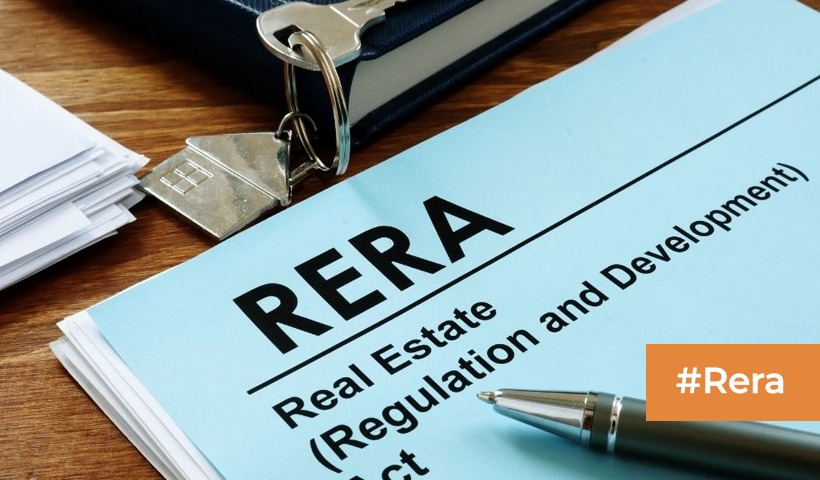The Compelling Case for Homebuyers to Opt for Sustainable Buildings in India
In an era where environmental consciousness and responsible living are gaining prominence, the choice of a home extends beyond mere aesthetics and location. Sustainable buildings, characterized by eco-friendly construction practices and energy-efficient features, are becoming increasingly attractive to discerning homebuyers in India. This comprehensive guide explores the myriad reasons why homebuyers should opt for sustainable buildings, drawing insights from the latest Indian news and sources to provide a well-rounded understanding of the sustainable living landscape.
The Rise of Sustainable Living in India:
Recent years have witnessed a paradigm shift in the real estate sector in India, with a growing emphasis on sustainability. The push towards green buildings is not just a trend but a response to the urgent need for environmentally conscious practices. Sustainable buildings prioritize resource efficiency, energy conservation, and reduced environmental impact, aligning with global efforts to combat climate change.
Reasons for Homebuyers to Opt for Sustainable Buildings:
- Environmental Impact: Sustainable buildings are designed to minimize their ecological footprint. This includes using eco-friendly construction materials, adopting energy-efficient technologies, and implementing waste reduction practices. By choosing a sustainable home, buyers contribute to the preservation of natural resources and biodiversity.
- Energy Efficiency and Cost Savings: Sustainable buildings are equipped with energy-efficient features such as solar panels, LED lighting, and smart home technologies. Homebuyers benefit from lower utility bills, as these features reduce energy consumption and, in some cases, even allow homeowners to generate their own energy.
- Government Incentives and Certifications: The Indian government has introduced various incentives and certifications to promote sustainable construction. Homebuyers can take advantage of schemes such as Pradhan Mantri Awas Yojana (PMAY) and Green Rating for Integrated Habitat Assessment (GRIHA) certification, which validate the sustainability of a building and may offer financial benefits.
- Enhanced Indoor Air Quality: Sustainable buildings prioritize the use of non-toxic and low-emission materials, contributing to improved indoor air quality. This is especially crucial for the health and well-being of occupants, reducing the risk of respiratory issues and other health concerns associated with poor air quality.
- Resilience to Climate Change: As climate change becomes an increasingly pressing global issue, sustainable buildings are designed to be more resilient. Features such as rainwater harvesting, green roofs, and climate-responsive architecture help homes adapt to changing environmental conditions.
- Higher Property Value: Studies show that sustainable buildings often have higher resale values. The market demand for eco-friendly homes is on the rise, and homebuyers are willing to pay a premium for properties that align with their environmental values and offer long-term cost savings.
- Corporate Social Responsibility (CSR): Homebuyers, especially those investing in properties for commercial purposes, are increasingly considering the CSR implications of their real estate choices. Opting for sustainable buildings aligns with corporate responsibility goals and contributes to a positive public image.
- Future-Proof Investments: Sustainable buildings are designed with longevity and adaptability in mind. As environmental regulations become more stringent, owning a home that meets or exceeds these standards ensures that the property remains compliant and valuable in the long run.
Latest Trends and News in Sustainable Living:
Recent news reports in the Indian real estate sector highlight the growing interest and investment in sustainable living initiatives. Developers across the country are incorporating green building principles, from energy-efficient designs to waste management strategies. The government’s push for sustainable urban development, reflected in initiatives like the Smart Cities Mission, further emphasizes the importance of environmentally conscious living.
Challenges and Opportunities in Sustainable Homebuying:
While the benefits of sustainable living are substantial, there are challenges that homebuyers may encounter, including higher upfront costs and a potential lack of awareness about the long-term advantages. However, these challenges present opportunities for developers, policymakers, and the public to work collaboratively in creating a sustainable living ecosystem.
Conclusion:
The choice to opt for sustainable buildings goes beyond the immediate comforts of a home. It is a conscious decision that aligns with global efforts to create a more sustainable future. Homebuyers in India, armed with the knowledge of environmental impact, energy efficiency, cost savings, and government incentives, have a unique opportunity to be pioneers in the sustainable living movement.
As the real estate landscape evolves and environmental considerations become integral to decision-making, the demand for sustainable homes will likely continue to grow. By choosing sustainable buildings, homebuyers not only invest in their own well-being and financial savings but also contribute to a greener and more resilient future for generations to come.
Disclaimer: The views expressed above are for informational purposes only based on industry reports and related news stories. PropertyPistol does not guarantee the accuracy, completeness, or reliability of the information and shall not be held responsible for any action taken based on the published information.




